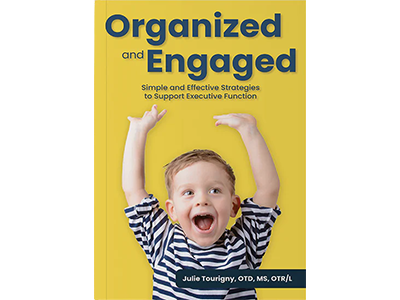Join live or receive a link to the recording and earn a CE certificate

- This event has passed.
Teaching Problem Solving in Math for Elementary Learners
Tuesday, February 9, 2021 @ 5:00 pm - 6:00 pm EST

Presented by Lyn D. English, Professor of STEM Education/Mathematics Education, School of Teacher Education and Leadership, Queensland University of Technology (QUT)
Sponsored by Matific
Closed captioning will be added to the recording within 2 weeks of the live presentation.
Get a CE Certificate for this edWebinar Learn more
We witnessed many innovations arising from the COVID-19 disruptions. Underpinning these innovations has been the STEM disciplines, where the ability to solve novel, complex problems has become even more important. It is thus imperative that our curricula foster such problem solving from the elementary grades.
In this edWebinar, Lyn D. English, Professor of STEM Education/Mathematics Education at the School of Teacher Education and Leadership at Queensland University of Technology (QUT), first considers how we need to capitalize on the disruptions we have experienced in creating more future-oriented mathematics and STEM-enriched problems for the classroom. Such problems require a number of features that foster learning innovation—the processes of generating new knowledge and ideas that can be applied and adapted to the solution of novel and unexpected problems.
Next, Professor English isllustrate some ways in which learning innovation might be achieved through mathematical and STEM-enriched problems. She presents examples of problems she has implemented in elementary classrooms, such as designing mini-golf courses, developing models for determining appropriate sites for a historical town, and creating “Fancy Feet” involving shoe and feet investigations followed by creating shoes to wear for a “Fancy Shoe” parade.
This recorded edWebinar will be of interest to K-5 teachers and school and district leaders.

Lyn English is a professor of mathematics education and the faculty professor of STEM education at the Queensland University of Technology, Australia. Professor English is also a member of the Matific Academic Board whose role is to ensure the pedagogical excellence of Matific’s mathematics activities is in consonance with up-to-date research in education and child development. Her areas of research include mathematics learning, modeling and problem solving; STEM education; engineering education; and statistical reasoning. Professor English is a fellow of The Academy of the Social Sciences in Australia and is Founding Editor of the international journal, Mathematical Thinking and Learning (Taylor & Francis).
Closed captioning will be added to the recording within 2 weeks of the live presentation.
Join the Building Understanding in Mathematics community to network with educators, participate in online discussions, receive invitations to upcoming edWebinars, and view recordings of previous programs to earn CE certificates.
Matific is a world leading, pedagogically rigorous, hybrid learning platform for K-6 math. Matific has been academically proven to help improve test results by up to 34%. Matific combines engaging activities with a rigorous pedagogy ensuring students are kept engaged, whether at school or at home.





